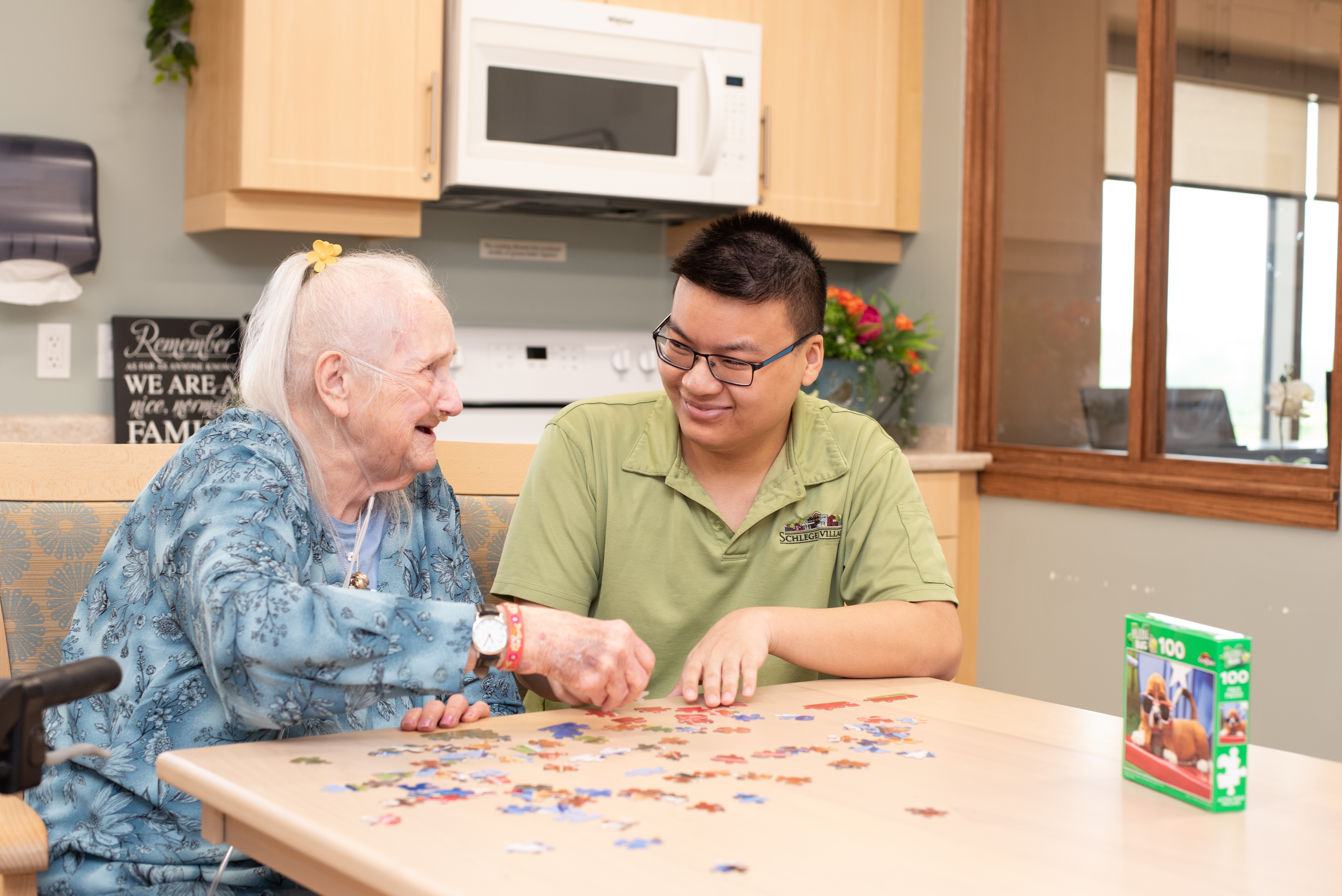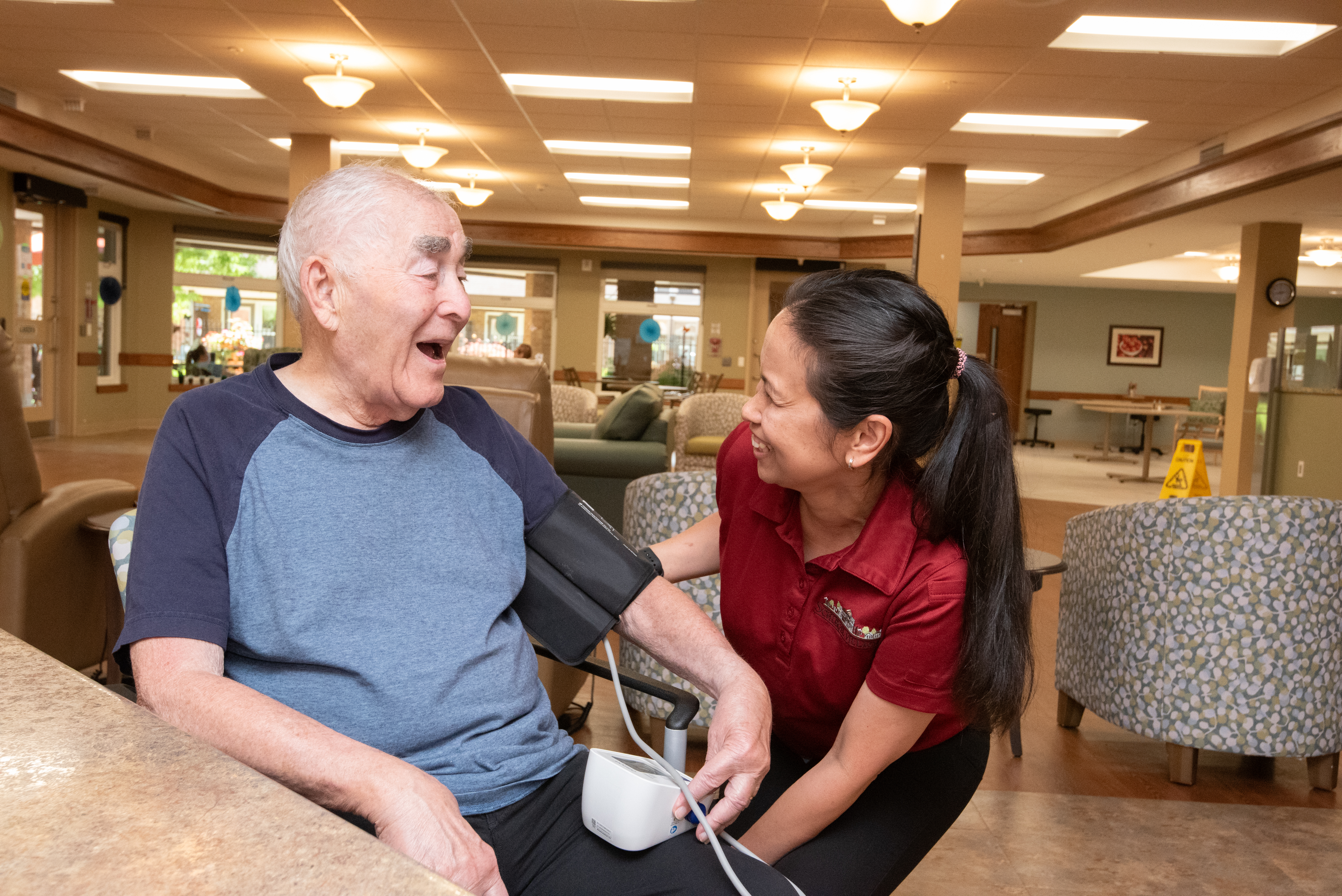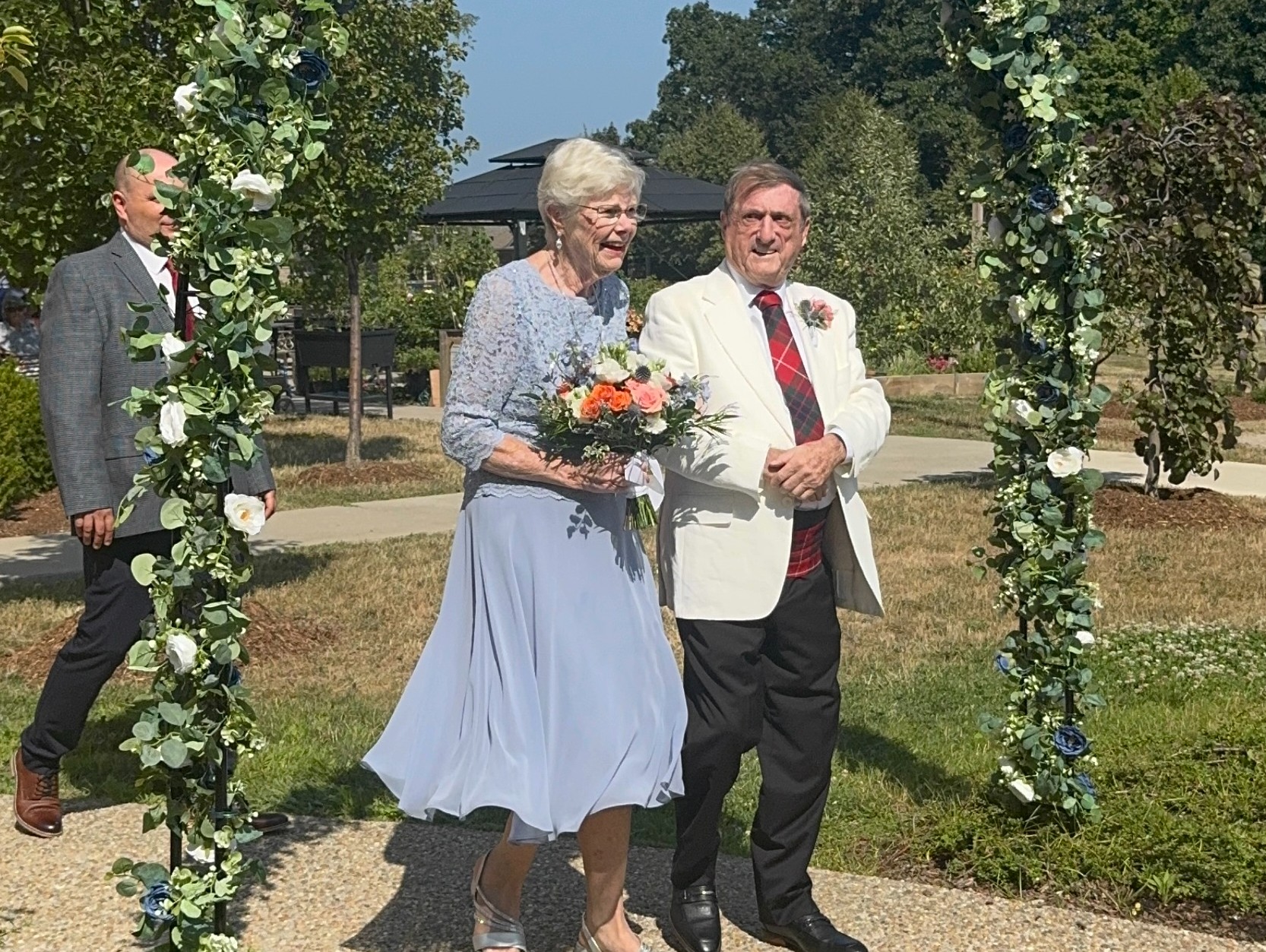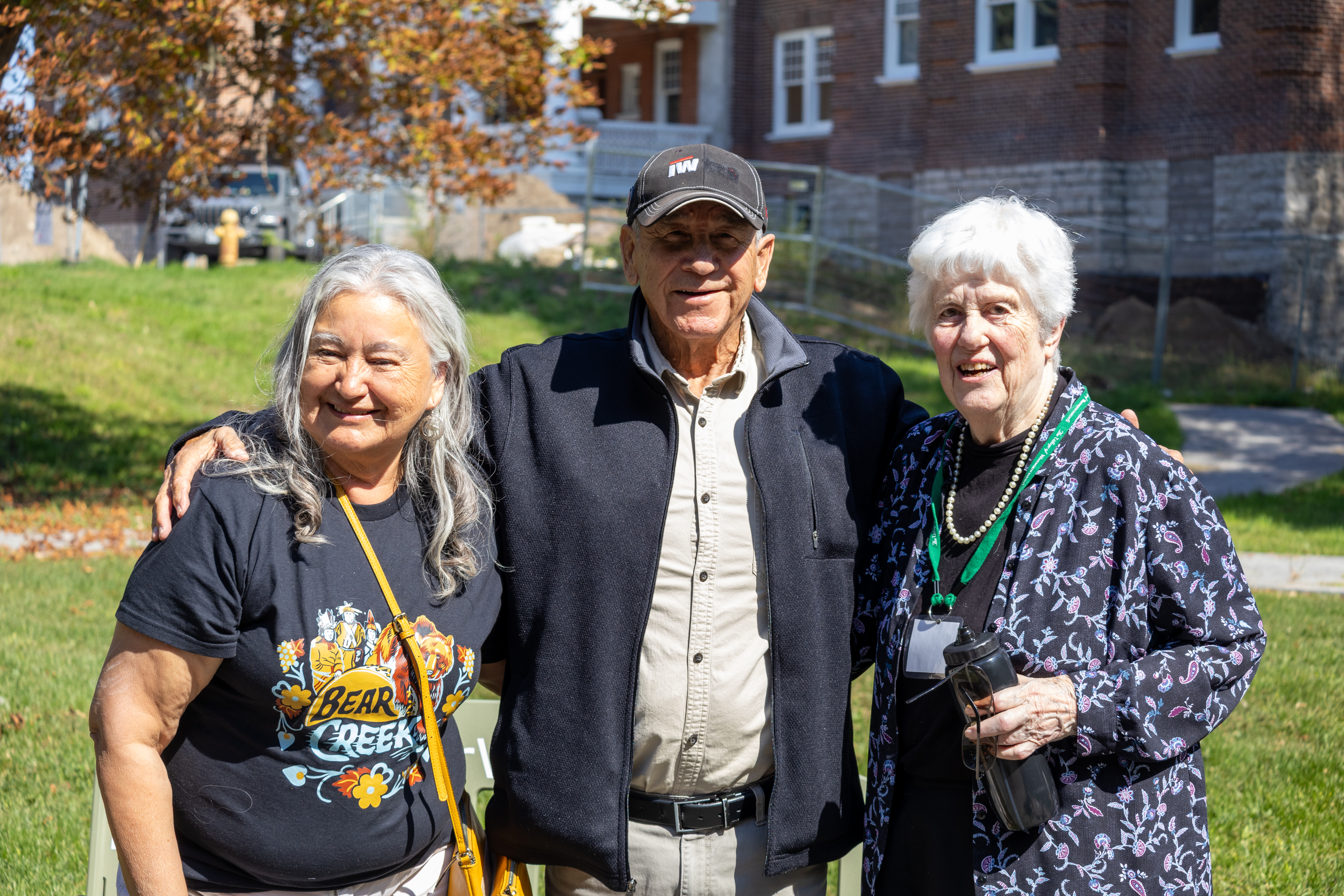It’s well understood that among residents of long-term care and retirement residences, mealtimes are important, not only in terms of nutrition and physical well-being but also for the social connections that can flourish across a dining table.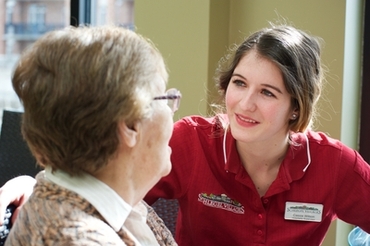
For those living with Alzheimer’s disease and other forms of dementia, however, mealtimes can be a source of stress and anxiety because of changing perceptions and senses, especially if that service is offered in the outdated, institutional fashion of “nursing homes” past. Picture dining carts laden with plates weaving from table to table, and the loud clatter of busyness as teams try to race through the task of delivering food and drinks. For a person living with dementia, the fast pace coupled with the sensory overload of a loud room can become increasingly difficult to tolerate, yet that is often the environment people living with dementia are placed in at every meal.
The need to create comfort in dining rooms for these residents is a key pillar in the Schlegel Villages LIVING in my Today signature dementia program, and throughout The Villages, teams are in various stages of implementing these new ideas.
They’re learning to slow down and reduce the potential for confusion while still offering residents autonomy and choice in their meals. Serving carts are being phased out and the model of service is moving closer to that of a restaurant setting versus a loud cafeteria. In the new Emma’s neighbourhoods in Villages like Erin Meadows, Taunton Mills and Tansley Woods, team members are starting with these ideas in place, whereas more established Villages are in the process of learning these new approaches and making changes step-by-step. Likewise, in long-term care neighbourhoods, where a majority of residents are living with dementia, the teams are steadily gaining a better understanding of the benefits of this transition.
Bonnie Cooper sees the potential in this new approach, as well. Her mother-in-law, Phyliss, lives in Emma’s Neighbourhood in The Village of Riverside Glen. Along with her husband Rick, Bonnie learned about the challenges her mother faces mealtimes thanks to an Enjoyable Mealtimes education session they were invited to at Erin Meadows.
During this session they learned about current research into the correlation between enjoyable mealtimes and nutritional intake and they were also offered insight into what someone living with dementia might experience during a meal.
“One of the most powerful slides was when they showed what things look like from a 98-year-old’s perspective because of eyesight,” Bonnie says, “and going into a dining room, what it can look like.”
She says she was pleased to learn about the intentions of Schlegel Villages to improve the dining experience, and she’s hopeful that things will continue to improve for her mother-in-law. Her only criticism as she reflects on what she learned and what she sees today is that the process isn’t quicker.
She understands that change takes time, however, so in the meantime she finds value in what she has learned about how Phyliss might perceive the dining experience, thanks to the education she received. She and Rick put into practice what they learned when they take Phyliss out, for example.
“When we eat with her, we manage it completely different because of that course,” Bonnie says, “and it’s made a huge difference. It’s so much easier for her.”
If every team member and family member were to gain the same understanding, countless residents may rediscover the pleasures of dining, and this is what LIVING in My Today strives to achieve.
- Previous
- View All News
- Next

